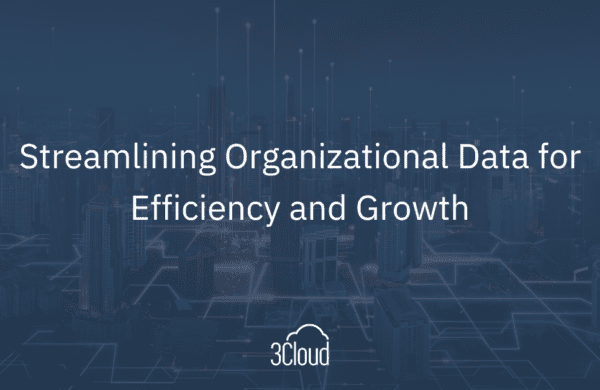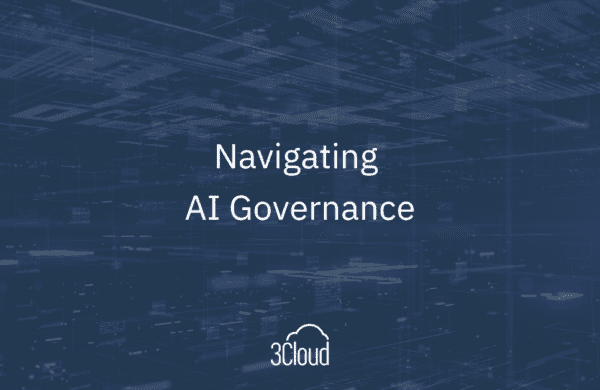Artificial intelligence, or AI, is changing the world in big ways. AI refers to computers that can think and process information like humans. This smart technology helps companies make better choices by understanding their data faster. AI is changing how businesses operate, especially if it’s used responsibly.
More and more companies are using AI-powered tools to improve their operations. This intelligence can analyze structured and unstructured data faster than any human. It helps businesses gain insights from data using machine learning algorithms. Machine learning is when AI systems learn on their own by studying data without being programmed how to do it.
AI lets businesses analyze giant amounts of data incredibly quickly. This helps them spot trends and make smart choices they’d never see without AI’s help. As AI keeps advancing, it’s going to change how companies operate. In this blog, we’ll look at the exciting ways AI is transforming business intelligence.
Understanding the Basics of AI
AI refers to computer systems that mimic human behavior. AI can analyze data, learn from it, and decide how to use it. Identifying the patterns in the human brain and how humans think and reason makes AI possible.
In many companies, using AI means improving workflow and making data processing and analysis faster and better. To put it another way, artificial intelligence is a machine version of human intelligence. Any job that an AI-controlled computer program or machine does is completed the same way a human would have done it. AI programming is a “simulation of human intelligence.”
AI is where deep learning and machine learning come from. Deep learning is a way to teach computers how to handle data in the same way a human brain would process it. Machine learning (ML) is a type of AI where computer programs learn from data without preset programming. Together, AI, deep learning, and machine learning are changing business intelligence. They help companies understand and use their data in new and exciting ways. Learn more about leveraging AI for advanced business intelligence.
The AI-Powered Business World
Artificial Intelligence (AI) tools are changing business functions and automating manual tasks to enhance efficiency and productivity. AI and machine learning play a large role in deciphering public perceptions of a brand. AI and machine learning are powerful instruments for companies to gain insights into public sentiments about their brand, and with this info they can adjust their advertising and marketing.
Through sentiment analysis, these tools can analyze large amounts of data from various sources, such as social media, reviews, and customer feedback. By understanding how people feel about their brand, businesses can make informed decisions, tailor their strategies, and enhance customer experiences.
By leveraging AI and machine learning, businesses can optimize their operations, reducing the reliance on manual processes. This step speeds up task completion and allows companies to allocate human resources to more strategic and complex functions. The automation facilitated by AI tools contributes to a smarter and more agile working environment. Some key uses of AI in business intelligence include:
- Predictive Analytics – AI driven systems can find patterns in data to make predictions about the future. This helps with forecasting sales or detecting risks.
- Customer Service Chatbots – AI based chatbots can answer simple customer questions without human help, saving companies time and money.
- Fraud Detection – AI programs can identify suspicious patterns quicker than humans, detecting fraud in real-time.
- Personalization – AI can tailor recommendations and content for each customer based on their preferences and habits.
A recent case study shows how Forsyth County Schools wanted to use the power of OpenAI to improve IT Services:
Forsyth, the 5th largest school district in Georgia, with over 7,000 employees and more than 55,000 students uses an enormous amount of technology. Forsyth partnered with 3Cloud for technological innovation to support the district and their students. Forsyth wanted an automated process for the ticketing system to help reduce the time a director spends reading notes, interpreting a category, and flagging it appropriately.
They used the Azure OpenAI Service to enable teachers with a quick, targeted selection. Then AI read the data to provide a clearer picture of the issue for IT, improving the categorization of service tickets district wide. The system categorized help tickets more efficiently so issues could be addressed and fixed quickly. Here, we can see AI is driving success across industries.
Leveraging Large Amounts of Data
AI tools are ideal for dealing with huge sets of data. They can easily analyze structured data like numbers and categories. But, they are also great with unstructured data. AI systems can find insights from data instantaneously. They enable real-time data analytics, where businesses get valuable info instantly as it comes in. This allows them to respond and adapt extremely quickly. AI and machine learning algorithms are essential for managing and benefiting from big data.
Customized Experience through AI
Many companies use AI to offer customized services to each client. AI-powered systems study previous interactions and purchases to understand customer preferences. This data trains the AI to deliver personalized recommendations and content to each person. AI cloud tools can also predict which products a customer might want based on their habits. This customization strengthened by AI builds customer loyalty and satisfaction.
Integrating AI into Your Business
To experience the full benefit of this technology, businesses need to carefully integrate AI into their operations. Key steps include auditing current processes to identify where AI can help. Then, training the staff on using AI tools to ensure successful adoption. It’s also important to evaluate all AI systems to ensure they are delivering value without creating new problems. Implementing AI the right way requires planning but pays off tremendously.
Want to see where you business stands today? Check out our AI assessment.
AI Applications in Different Business Aspects
AI has many uses that enhance business functions:
- Customer Relationship Management – AI chatbots improve customer service while freeing up human reps for complex issues. And virtual assistants use AI to deliver personalized recommendations.
- Decision-Making – AI analyzes data as it comes in, enabling real-time adjustments based on the latest trends and patterns. This agility is invaluable.
- Security – AI programs can spot hackers and suspicious behaviors far quicker than humans, strengthening cybersecurity. They also enable proactive protection.
The Future of AI in Business Intelligence
Experts predict AI adoption will only grow in the coming years as the technology advances. AI will become integrated into more and more processes and industries through business intelligence. Machine learning algorithms will continue to learn and become more accurate at analyzing data and automating tasks. AI virtual assistants and chatbots will perform major roles in customer service and daily business operations. The future looks very bright for companies that embrace AI technologies.
AI in BI FAQs
Here are answers to some frequently asked questions about AI in business intelligence:
How does AI improve Business Intelligence?
AI finds insights humans might miss and acts on them instantly to optimize operations. It handles complex data at scale.
What are the main benefits of AI in Business?
Faster and smarter data analytics. Automation of routine tasks. Improved customer experiences, identifying risks and opportunities in real time.
What are some challenges with implementing AI?
Cost of new technology. Retraining your staff. Ensuring AI behaves and operates ethically. Maintaining ethical practices, data privacy, and security.
Which industries use AI the most today?
Banking, healthcare, retail, and technology companies have led in adopting AI solutions so far. But it has applications across sectors.
AI is clearly changing what business intelligence means today. Companies that embrace AI systems and machine learning can make faster decisions and provide better customer experiences. While integrating AI comes with challenges, the benefits far outweigh the costs. AI is the future of business, and early adoption allows companies to become true market leaders. Contact us today to get started.




